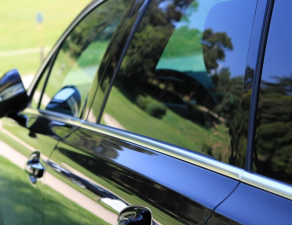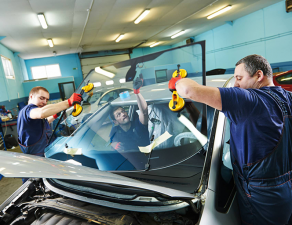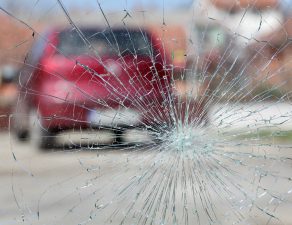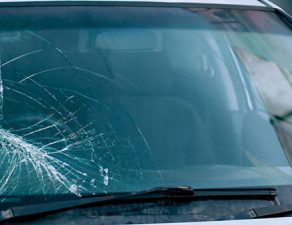The evolution of cars today is on an a massive upswing. In just ten small years we have gone from creating cars that simply had rear cameras, to cars that can parallel park themselves. Cars today are equipped with wifi signals, sensors for weather, and even sensors that tell you if you are about to hit something. Tesla has created the first truly electric vehicle, and Google is working on a self-driving vehicle in Silicon Valley. Even Apple is rumored as trying to get in on the action.
But just how far, is too far?
This question certainly arises from the recent launch of OSVehicle, a do-it-yourself electric vehicle. OSVehicle provides the modular base of a two or four seat electric car, and then you can create the look and feel that you desire.
On one hand, OSVehicle is an admirable company. It is formed purely off of open-source technology–much of it coming from vehicle technology juggernauts such as Tesla. The reason OSVehicle is modular is to significantly reduce waste. Rather than buying an entirely new car, the modular OSVehicle has parts that are easy to replace and repair.
As an electric vehicle, OSVehicle helps to reduce oil waste and emissions. Not only does all of this add up for saving the environment, but it also makes owning and maintaining a vehicle much more affordable for the consumer. Plus, OSVehicle encourages car manufacturers and design dreamers to use their chassis as a base, and create full-fledged companies and jobs.
Instantly Get Up to 3 Local Windshield Replacement Quotes
So what’s the hold up? Seems like everything about OSVehicle is fantastic, doesn’t it?
The biggest question of the day regarding OSVehicle, is one of safety. While OSVehicle has engineered its modular base to be road legal worldwide, there are several factors that should not be easily overlooked.
Like the fact that because people can build their own vehicle, it also means they can omit safety-specific components to their taste. Or that they can create a design that is more dangerous than it is safe. The biggest red flag regarding safety, is the fact that because these vehicles will vary based on the person building them, there are no uniform safety tests.
Most major car manufacturers are required to vigorously undergo safety and collision tests with their vehicles, far before they are sold to the public. In fact, when sold on a car lot, it is standard to see the crash safety rating across more than 30 different categories posted to the vehicle itself.
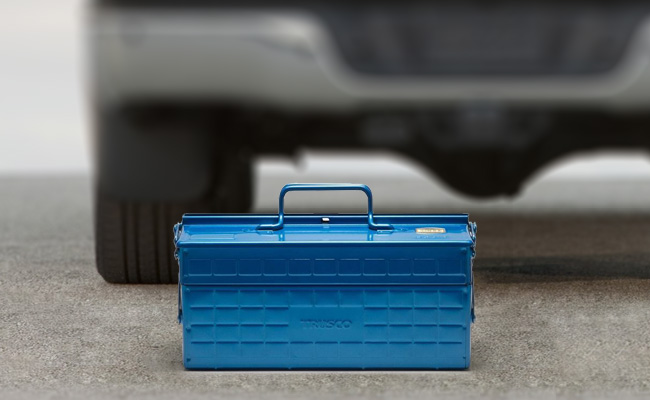
Unfortunately, the OSVehicle has no way of providing such uniform and periodic safety ratings.
It simply provides the tools for you to build the base of your vehicle, along with some in-depth paperwork on how to possibly customize your vehicle, and an online design forum.
Because of how OSVehicle is set up as a company, they could not possibly demand that every person who purchases a vehicle undergo rigorous safety testing.
In fact, that may actually undermine the entire point of the company–which is to empower consumers (and possible new manufacturers) to build and update their vehicle as they see fit.
As the team at Glass.net was reviewing the amazing OSVehicle platform and offerings, we were torn in half as to whether we would purchase, or advocate purchasing, a do-it-yourself car.
This is because we would never advocate do-it-yourself windshield or auto glass repair or replacement.
While it’s easy to assume that we wouldn’t advocate DIY for business reasons… It’s actually much more important than that.
Your auto glass, especially your windshield, makes up to 60% of your vehicle’s overall structural strength. With proper quality glass and installation, it can survive up to 3 consecutive rollovers–preventing you from getting crushed. When your airbags deploy, they bounce off of your windshield first, to lessen the impact of the +400 mile per hour release. A properly installed piece of auto glass helps your car’s aerodynamics, is an important part of your vehicle’s insulation, and so much more.
To have those incredible benefits, your auto glass must be of a certain quality, and it also must be properly installed and sealed to your vehicle. Technicians are given ongoing training to continue building their auto glass knowledge and skills. Simply put, they are focused solely on the mastery of selecting and installing auto glass–and a consumer simply does not have that kind of knowledge or skill.
Just as the manufacturers of cars have each vehicle rigorously tested for safety, so to does each type of glass that is manufactured. Just as car manufacturers must conform to specific safety standards, so too does auto glass production.
It wasn’t always that way.
The earliest iterations of cars were called “horseless carriages,” and lacked auto glass of any sort. Drivers would instead wear safety goggles as they drove along. Unfortunately this offered little, if any, protection from the elements, road debris, or possible ejection from an accident. Imagine driving down the road and someone’s tire kicks up a rock into your vehicle’s cabin–and there is no auto glass to prevent it from hitting you or one of your passengers!
Soon car manufacturers began to design car windscreens (windshields) that were very much like the windows in a house. They were split in the middle horizontally, and the top could be lowered when it became too dirty to see through. Unfortunately, sheet glass was the earliest iteration of auto glass. Which meant just riding over rough roads, the impact of a small stone, or a minor fender bender could cause the glass to crack and/or shatter. The worst part of using such delicate glass, is that if it shattered it would break into sharp pieces and lacerate the people inside the vehicle.
This lead to innovations in tempered glass, as well as laminate safety glass. By 1936, most car manufacturers were using both types of glass throughout their vehicles, and it greatly reduced injury in the case of an accident for a number of reasons. Neither tempered or laminated safety glass shatters like normal sheet glass. Tempered glass breaks into larger and more rounded pieces when impacted–reducing the risk of laceration. Laminate safety glass is manufactured to specifically not shatter in the event of impact–instead it cracks while still retaining its overall bond.
In the 1960s, Ralph Nader helped to spearhead the creation of several safety organizations that standardized the manufacturing, installation, and use of auto glass in vehicles. Today those organizations strive to provide updated information on glass technology, tools, and installation techniques that help make your auto glass stronger, more beautiful, and much safer. Glass shops join these organizations for ongoing education and training that helps to protect consumers.
While it’s tempting to think that you could do just as good of a job replacing your auto glass or windshield, the simple truth is that if you have not undergone the same training as a certified auto glass installer, you cannot possibly provide the same level of safe installation or knowledgeable glass selection for yourself.
And why would you want to do it by yourself anyway?
Knowing how important your auto glass is to your safety, is it truly worth saving a couple bucks when your life could be on the line?
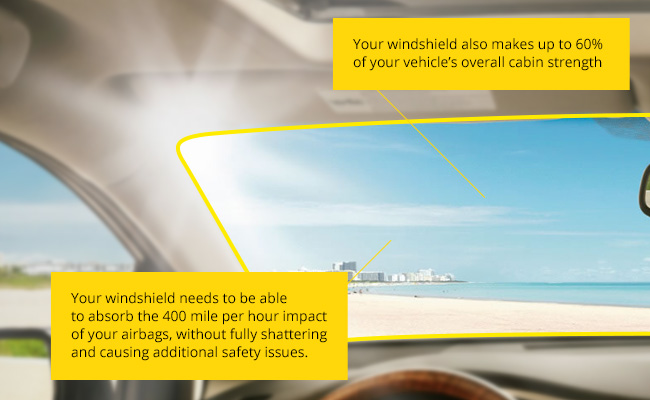
At Glass.net, we understand that selecting a glass shop and technician can be a confusing and long process.
That’s why we created our free price comparison tool–to connect every day people just like you with seasoned and vetted professionals in the auto glass space.
We’re so focused on your convenience and safety, that our tool was designed to help you gain up to 3 auto glass quotes in just 30 seconds or less.
Plus, we know that the worst part of shopping for something is feeling pressure to purchase before you’re ready and comfortable. The quotes we generate for you are 100% free with no obligation to contact a shop within our network of independent and local glass installers. We’ve even worked hard to gain unique discounts and service perks for you–because we want to make sure that choosing your safety is as easy as possible.
While we are hopeful for the future OSVehicle, we would still beg the same question. Why would you build your own vehicle if your safety was possibly at risk? Unfortunately, at this time there is no organization similar to Glass.net that has vetted out possible vehicle designs and provides you with ratings and other important information. Though we truly hope that in the future there will be!
Saving the environment is admirable–something that Glass.net certainly advocates. However, we don’t advocate saving the environment over your own safety and well being.
After all, what do you have if you don’t have your health?
